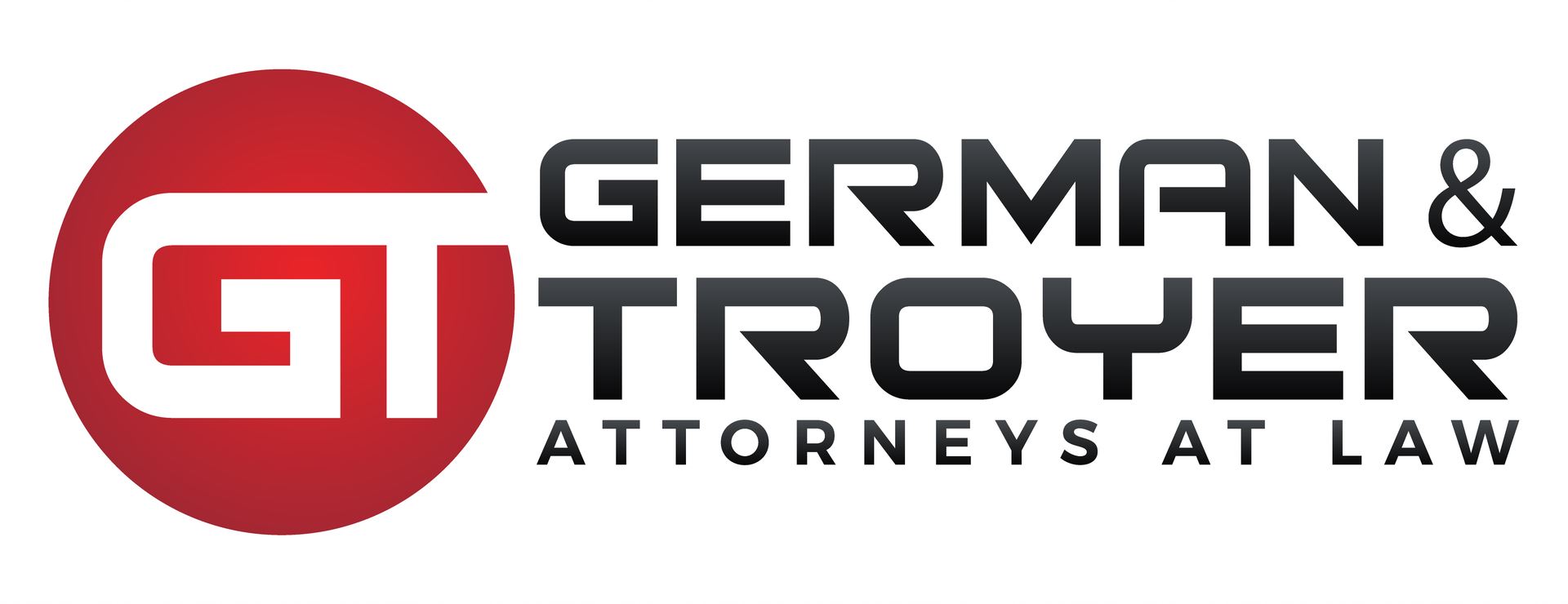Bankruptcy Attorneys in Milwaukee, Wisconsin
At German & Troyer, we take our role as advisors seriously. At the initial free consultation, we will review your entire financial situation. We ask that you bring some recent paychecks, the last 2 years of tax returns, and your bills.
We will not rush through this consultation like those big Chicago firms who advertise on TV. We will advise as to bankruptcy and non-bankruptcy options. A typical consultation will last about one hour and the attorney that meets with you generally handles all aspects of your case. If you decide to file bankruptcy, there are two chapters that most debtors use to file. A chapter 7 wipes out most consumer debts, and Chapter 13 is a repayment form of Bankruptcy.
Chapter 7
The Court costs for a chapter 7 are $306.00 which can be paid in installments. Once your case is filed, a trustee is appointed and a court date is set called the 341 Meeting of Creditors. At this meeting, the Trustee and Creditors may ask you questions under oath about your financial situation. A creditor rarely shows up.
The Trustee is looking to see if you have any assets that could be seized to help pay creditors some of the debt. As a debtor in Wisconsin, you may use federal or state exemptions to protect your property from the Trustee. In the majority of cases, the Debtor loses no property and a no asset report is filed with the Court, and discharge is entered approximately 60 days after this Court hearing.
Start Seeking Financial Freedom
Contact UsChapter 13
If you are filing a Chapter 13 bankruptcy, a proposed repayment plan must also be submitted. After reasonable monthly expenses have been paid, how much money will you have left over to put toward your outstanding bills? And how will this money be divvied up among those you owe?
Priority claims (such as taxes and back child support) must be paid in full;
Unsecured debts (like credit card debt and medical bills) are usually paid in part for as little as 1 cent on the dollar.
Short-term secured debts (less than 60 months) will be paid with interest through the plan. Long-term debt, like your home, is paid outside the plan. An arrearage (missed payments) on long-term debt may be paid in full through the plan at no interest.
All disposable income must be paid into the plan for at least three years. You may by choice or could be required under the law to use up to five years in order to meet the second test that you pay at least as much as in a Chapter 7.
If you have filed Chapter 13, you must begin making your plan payments. Generally, these payments will be withdrawn directly from your wages and you or your attorney should arrange with the court for these payments to be deducted from your wages.
The Court costs for a chapter 13 are $281.00. Once your case is filed, a trustee is appointed and a court date is set called the 341 Meeting of Creditors. At this meeting, the Trustee and Creditors may ask you questions under oath about your financial situation. A creditor rarely shows up. The trustee is reviewing to make sure that the plan was filed in good faith and the that all disposable income above allowed expenses is paid into the plan.
The 2005 Bankruptcy Act requires all individual debtors who file bankruptcy on or after October 17, 2005, to undergo credit counseling within six months before filing for bankruptcy relief and to complete a financial management instructional course after filing bankruptcy.
2005 Bankruptcy Act Means Test
Under the 2005 Bankruptcy Act, your income and expenses will be analyzed to determine if you qualify to file a Chapter 7 or if you must file Chapter 13. To apply the means test, the courts will look at the average income for the 6 months prior to filing and compare it to the median income for that state. If the income is below the median, then you may choose Chapter 7. If your income exceeds the median, the remaining parts of the means test will be applied to determine if you can file Chapter 7 or if you must file Chapter 13.
Paperwork needed:
You should also collect your tax returns both state and federal for the last two years
Recorded deeds and recorded mortgages to any real estate you own
Property tax bills for any real estate you own
Your car(s) titles, if your car was purchased after July 30, 2012, then you will not have the title, and we will need the registration information.
Last 2 years of tax returns, both state and federal.
Proof of income in the 6 months prior to filing.
Bankruptcy Attorneys in Milwaukee, Wisconsin
If you are in need of advice, guidance, and advocacy through your choice to go through bankruptcy, German and Troyer is right for you. Our skilled attorneys work diligently to guide you, and they take the time to truly listen to your needs. Reach out today for a free consultation so that you can focus on what's most important: your future.
